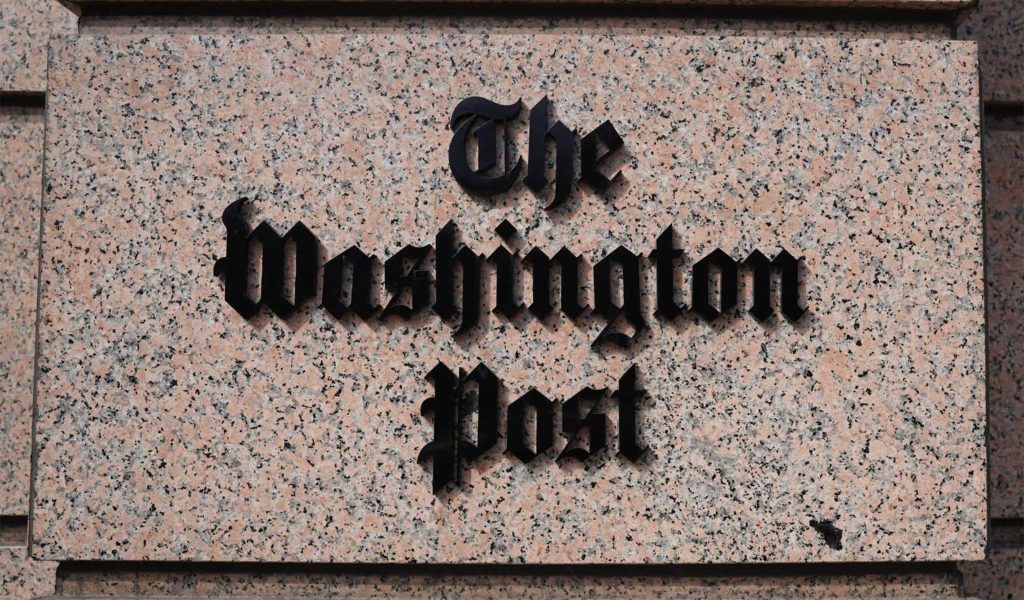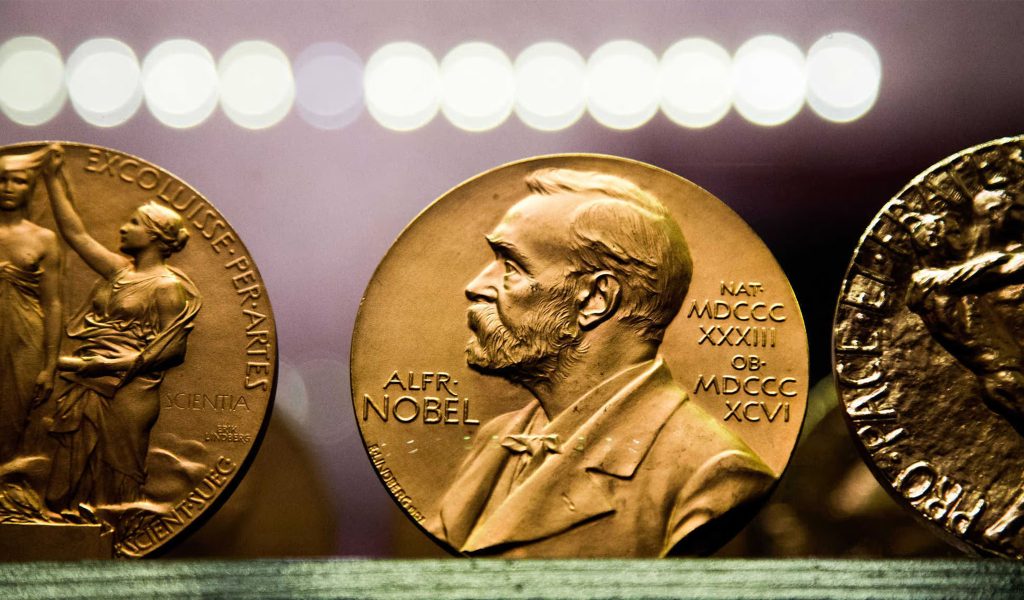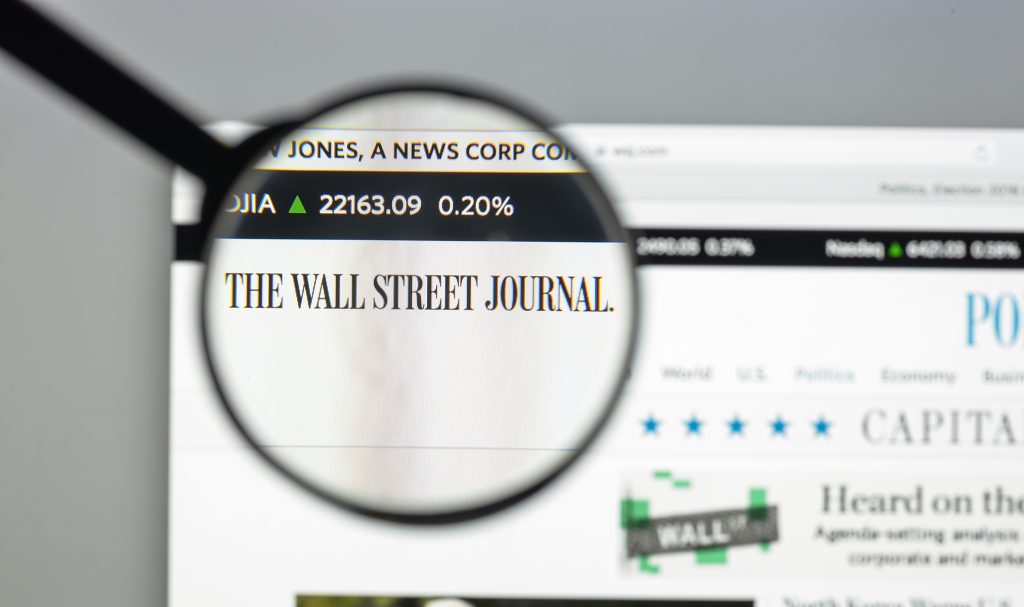A month or two ago, a Five Guys opened in South Korea. Media accounts indicated that hungry would-be customers waited as long as twelve hours to taste this shining symbol of Americana. It’s not just Five Guys.
While know-it-all pundits write expansive opinion pieces from the U.S. claiming that China is in economic freefall, symbol of American-style capitalism McDonald’s apparently sees a different reality from within the country. While it has 5,500 stores in China at present, the plan is to grow the previous number to 10,000 by 2028.
Traveling back in time to the tragic Soviet Union era of Russia, Hedrick Smith (in his classic book The Russians) observed about Soviets lucky enough to travel in places like the U.S., that they “were like coiled springs, leaping at the department store cornucopias of the west.” Reversing the previous scenario to life within the former Soviet Union, if you traveled there in the 70s and 80s with a few extra pairs of Levis, let’s just say you were the richest individual in the Soviet Union.
It was hard not to think of these market anecdotes while reading all the tributes to Henry Kissinger in recent weeks. While most acknowledged his warts to varying degrees, Kissinger was routinely described as a genius for pursuing détente with China, and for succeeding in opening it. Please. The view isn’t serious, and it doesn’t take a foreign policy expert to know the view isn’t serious.
The reality is that the American brand is what opened formerly collectivist, formerly murderous countries like China up to the United States. The simple truth is that prosperity is the only aspect of human existence with qualities more globally viral than poverty.
Applied to the U.S., if it had been committing economic suicide in the way so many post-WWII countries did, or if it had just been a ho-hum mostly free country, then it’s a safe bet to say that no one would have ever heard of Kissinger, let alone pursued openings with him. And that doesn’t insult Kissinger.
The undeniable reality is that the free United States is the world’s most powerful brand, and it’s the world’s most powerful brand precisely because it’s the freest, most economically bountiful nation the world has ever known. As this write-up is being typed (11:42) AM, it’s 6:42 PM in Johannesburg. The time disparity rates mention simply because on the African continent, U.S. fast food outlets are where those looking to impress a would-be future mate take them on dates. McDonald’s and other American fast-food outlets are where people meet in order to spend the evening.
Hopefully the above explains the meaning of the United States around the world. We represent freedom and prosperity of the grandest kind. To wear American clothes, to make calls on American smartphones (China is where a fifth of all iPhones are sold), to eat “American” food like McDonald’s, and yes, to have American dollars in one’s pocket, is the ultimate status symbol.
It’s useful to think about given all the breathy commentary about Kissinger. No doubt he was brilliant, and no doubt his immigrant story is of a piece of what makes the U.S. so great, but he once again didn’t open China up. American entrepreneurialism is and was the ambassador that opens every country door in the world.
It all raises the question of why. Why all the post-WWII wars, and why all the Kissinger-style détente? Think how much all of it cost the U.S. in terms of people and treasure. What amazing, world-changing businesses were never formed because government has arrogated to itself so much private-sector produced wealth, wealth that was used to shape and/or fix so much of the world? Why would we allow this? Government is incompetent here, and the previous truth doesn’t change outside the U.S.
The reality is that the brutal collectivism that formerly defined countries like Russia and China couldn’t have lasted, and it couldn’t have because it ran counter to human nature. As humans we’re acquisitive, and the U.S. is the most acquisitive country on earth precisely because it’s populated by the most productive, enterprising people on earth. That’s your foreign policy, and that’s what did and does sell us peacefully to the rest of the world.
The only question now is how much shinier the U.S. would have been to the rest of the world if there had been exponentially more McDonald’s and businesses like it, and exponentially fewer individuals like Kissinger in possession of “swagger” and “power” that was decidedly not of their own making.
Reprinted from RealClear Markets






